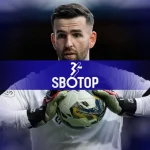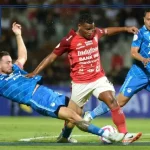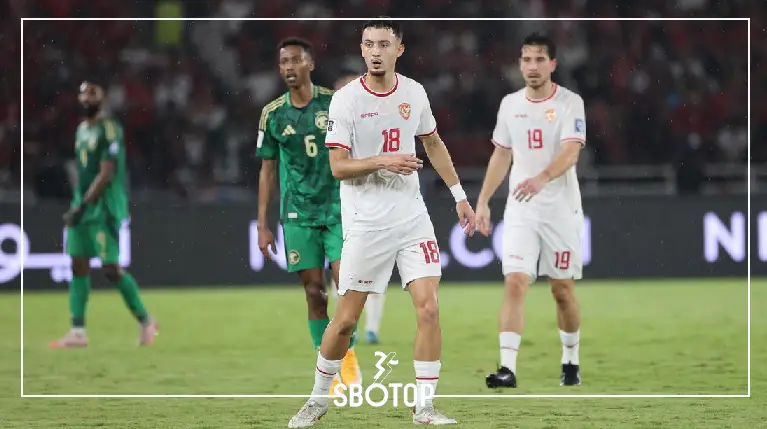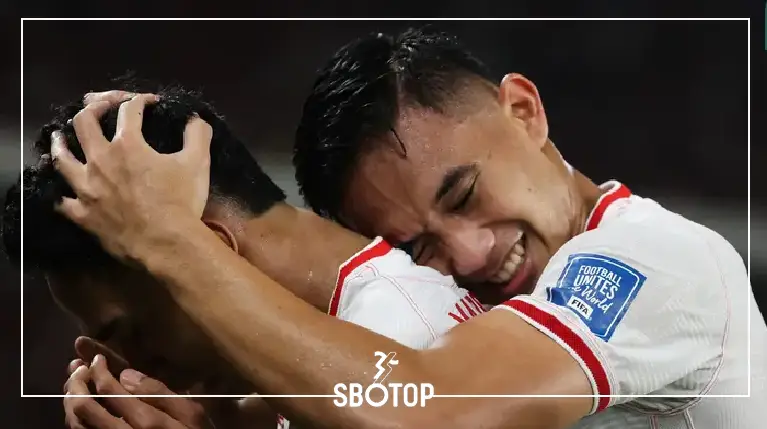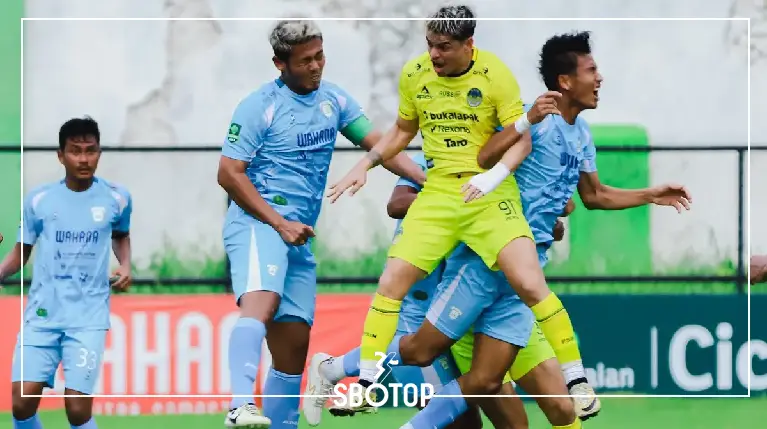In the fast-paced world of international football, the preparation and management of national teams are subjects of intense scrutiny and interest. Recently, Indra Sjafri, the coach of Indonesia’s U-20 national football team, clarified a significant point that caught the attention of many football enthusiasts: the Indonesian Football Association (PSSI) did not issue any special instructions Jadwal Final EURO 2024 to the U-20 team. This revelation provides an intriguing insight into the autonomy granted to the coaching staff and the strategic approach towards the development of young football talents in Indonesia. This article delves into the context, implications, and potential outcomes of this approach, offering a comprehensive analysis of the current state and future prospects of the Indonesian U-20 national team.
Context and Background
The Role of PSSI
The PSSI is the governing body for football in Indonesia, responsible for overseeing all aspects of the sport from grassroots development to the professional leagues and national teams. Historically, the PSSI has been involved in Agen Liga EURO 2024 setting guidelines, strategies, and objectives for national teams to ensure alignment with broader developmental goals.
Indra Sjafri’s Appointment
Indra Sjafri, a well-respected figure in Indonesian football, took the reins of the U-20 national team with a wealth of experience and a proven track record. Known for his focus on youth development and Berita EURO 2024 Terbaru tactical acumen, Sjafri was seen as the ideal candidate to guide the young squad through crucial stages of their development and competitive engagements.
The U-20 National Team’s Recent Performance
The Indonesian U-20 national team has been under the spotlight due to their performances in regional and international tournaments. With a mix of promising talents and high expectations, the team’s journey has been closely followed by fans and analysts alike. The team’s ability to perform under pressure and develop players for the senior national team remains a critical aspect of their mission.
Indra Sjafri’s Statement: No Special Instructions
Clarifying the Autonomy
Indra Sjafri’s statement that the PSSI did not give any special instructions to the U-20 national team is significant. It suggests a level of trust and autonomy granted to the coaching staff, allowing them to make independent decisions based on their expertise and understanding of the team’s needs.
Implications for Team Management
This autonomy can have several implications for how the team is managed:
- Tailored Training Programs: Without rigid guidelines, the coaching staff can tailor training programs to address specific strengths and weaknesses of the players, fostering a more personalized development environment.
- Tactical Flexibility: The freedom to experiment with different tactics and formations can enhance the team’s adaptability and creativity on the field, preparing them better for various competitive scenarios.
- Enhanced Player Morale: A coach’s ability to make independent decisions can create a more cohesive and motivated team environment, as players may feel more directly connected to the strategic vision and goals.
Rationale Behind the Decision
The PSSI’s decision to grant such autonomy could stem from several considerations:
- Trust in Coaching Expertise: Recognizing Sjafri’s extensive experience and success with youth teams, the PSSI might have confidence in his ability to lead the team effectively without the need for micromanagement.
- Focus on Long-term Development: By allowing the coaching staff to implement their vision, the PSSI might be prioritizing long-term player development over immediate results, fostering a generation of players with strong foundational skills and tactical awareness.
- Adaptability to Changing Dynamics: The rapidly evolving nature of football requires flexibility and quick adaptation. Autonomous decision-making can enable the team to respond more dynamically to new challenges and opportunities.
The Training Regimen: Insights from Indra Sjafri’s Approach
Emphasis on Technical Skills
Under Sjafri’s leadership, the U-20 national team has placed a strong emphasis on developing technical skills. This includes drills focusing on ball control, passing accuracy, and dribbling, which are crucial for young players to master early in their careers.
Tactical Drills and Game Intelligence
In addition to technical skills, tactical drills form a core part of the training regimen. These drills are designed to enhance players’ understanding of various formations, defensive and offensive strategies, and situational awareness during matches. The goal is to develop well-rounded players who can think critically and make intelligent decisions on the field.
Physical Conditioning
Physical conditioning is another vital aspect of the training program. Given the physical demands of modern football, ensuring that players have the stamina, strength, and agility to compete at high levels is paramount. This involves a combination of endurance training, strength exercises, and agility drills.
Psychological Preparation
Recognizing the mental challenges that come with competitive sports, Sjafri’s approach also includes psychological preparation. This involves building resilience, confidence, and focus among players, equipping them to handle pressure and maintain peak performance levels.
Integration of Modern Technology
Leveraging modern technology, Sjafri has integrated video analysis and performance tracking into the training regimen. This allows for detailed feedback and continuous improvement, helping players understand their performance metrics and areas for enhancement.
The Competitive Landscape: Challenges and Opportunities
Regional Rivals
The U-20 national team faces stiff competition from regional rivals in Southeast Asia. Teams from countries like Thailand, Vietnam, and Malaysia have been investing heavily in youth development, resulting in a highly competitive environment.
International Tournaments
Competing in international tournaments presents both challenges and opportunities. While the level of competition is higher, these tournaments provide valuable experience and exposure for young players, contributing significantly to their growth and development.
Balancing Development and Results
One of the ongoing challenges for Sjafri and his team is balancing the dual objectives of player development and achieving competitive results. While long-term development is critical, achieving success in tournaments can boost confidence and morale, creating a positive feedback loop.
The Future of the U-20 National Team
Pathway to Senior National Team
A primary objective of the U-20 national team is to serve as a feeder system for the senior national team. The development programs in place aim to prepare players to make the transition smoothly, ensuring a continuous supply of talent for the national squad.
Potential Breakthrough Stars
Several players from the current U-20 squad have shown potential to become future stars. Their progress and performances in upcoming tournaments will be closely watched by scouts and analysts, as these young talents represent the future of Indonesian football.
Strategic Goals
Looking ahead, the strategic goals for the U-20 national team include:
- Consistent Performance: Achieving consistent performance in regional and international tournaments to build a reputation and gain valuable experience.
- Player Development: Focusing on holistic player development, encompassing technical skills, tactical intelligence, physical conditioning, and psychological resilience.
- Integration with Senior Team: Facilitating a seamless transition for players moving up to the senior national team, ensuring that they are well-prepared to contribute at higher levels of competition.
Baca Juga :





